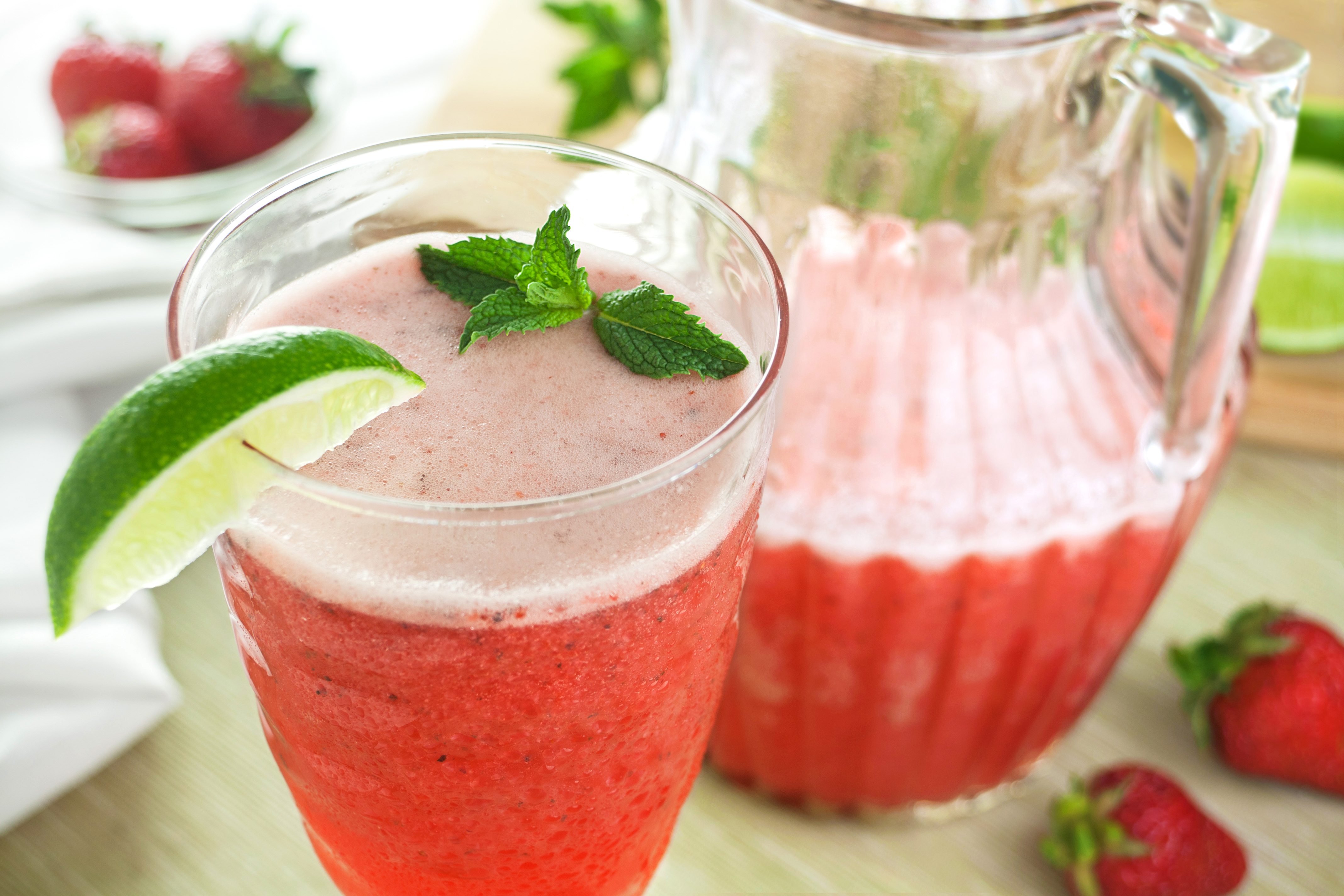In 1987, the National Garden Association began the tradition of honoring the horticultural world with an April week devoted to highlighting the benefits of gardening. In 2003, one week became four, and today April is National Garden Month. Throughout this early spring month, the National Garden Association shares tips and resources for growing a variety of plants.

Time spent outdoors preparing a garden, mulching, and of course maintaining it all summer, is about way more than just growing plants. Whether you’re squatting to wage war on weeds or dragging the hose to ensure that your plants are not drying out in the summer sun, your body feels it. The time outside and the pride in seeing nature flourish makes it all worth it. That said, since an afternoon of gardening can pass before we know it, it’s important for us to consider just how it impacts our body and what precautions we may need to take to avoid injury and stay safe.
A few things to keep in mind….
Protect your skin.
If you’re working in a garden, then you’re likely working in the sun too. Depending on the task at hand, you may also be exposed to deer ticks. While it’s tempting to bring out the shorts and warm weather clothing, consider remaining covered up to protect yourself. If you choose to wear short sleeves or expose your skin, please keep in mind that in addition to protecting your face, you need to ensure to put sunscreen on your back/the back of your arms since they will have the most exposure. To protect against ticks, try making an all-natural tick repellant using water, white vinegar and essential oils such as tea tree, almond or eucalyptus (search online for several recipes).
Prevent dehydration.
It may seem like a no brainer to maintain your hydration while you’re working in the summer sun, but it’s easy to go more time without drinking than you realize. Ensure this doesn’t happen by keeping a water bottle nearby and take advantage of the many ways to avoid dehydration.
Take time to stretch.
Gardening is a full body workout, which is an important consideration if you aren’t generally an active person. Consider the amount of time you can garden at one time, take stretch breaks, and “check in” with how you’re feeling. Depending on the task your tackling you could be burning up to 400 calories (weeding and planting) or even more if you are doing heavy yard work.
Something else you may not have considered….
Gardening relieves stress and boosts your mood. Yup, not only are you growing your own food and sneaking in physical activity, but you’re improving your mental health too! There are many reasons why gardening improves mental health, including that it raises our “happy hormones” and gives us something to nourish. Even the youngest gardener benefits from the pride of nurturing and growing plants.